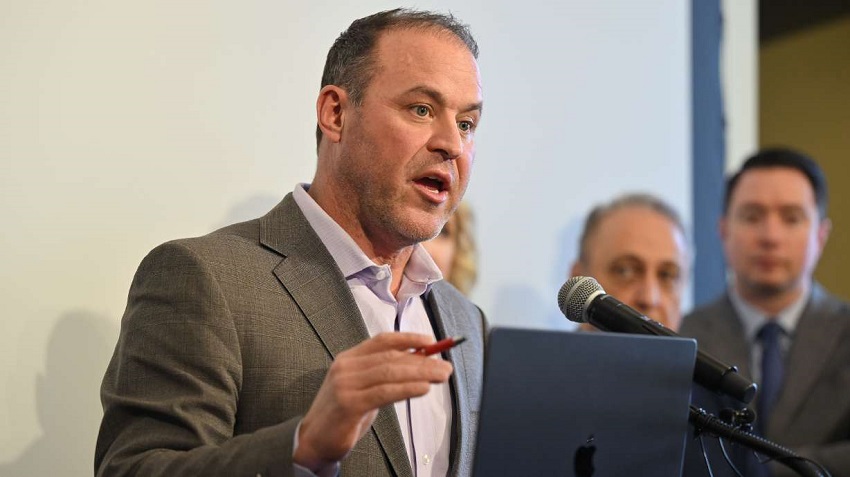Ogden, UT – As Utah’s 2025 legislative session approaches, Republican lawmakers have outlined their key priorities, signaling a busy and consequential 45-day period. The session, set to begin on Tuesday, January 21, will focus on a range of issues, including illegal immigration, technical education, tax reductions, nuclear power, and potential changes to the state’s election process.
Among the most prominent concerns for lawmakers is addressing illegal immigration. This issue has been a recurring topic in state and national politics, and Utah’s GOP representatives are set to introduce measures aimed at curbing illegal immigration and its impact on local communities.
Another priority for the 2025 session is strengthening technical education programs. With the demand for skilled workers on the rise, lawmakers are focusing on expanding and enhancing educational opportunities in fields such as manufacturing, IT, and healthcare. The goal is to provide more pathways for Utahns to secure high-paying, in-demand jobs and reduce barriers to entry in these industries.
Tax reductions also top the list of priorities. Utah lawmakers are committed to lowering taxes, continuing their ongoing efforts to improve the state’s tax structure and ease the financial burden on residents and businesses. This includes exploring potential reforms aimed at improving the competitiveness of the state’s tax environment.
Energy policy is another focal point, with the exploration of nuclear power gaining traction. The state is looking into expanding its energy portfolio to ensure a more sustainable and diverse energy future. Nuclear power, which has been discussed as a potential solution to energy demands and carbon reduction, will likely be a topic of debate in the coming months.
Finally, lawmakers are expected to revisit the state’s election process. While specifics have not been disclosed, adjustments to Utah’s election laws could be on the table, with a focus on increasing transparency, security, and efficiency in the voting system.
House Speaker Mike Schultz, R-Hooper, expressed confidence in the legislative agenda, stating, “We hope this policy roadmap reflects Utah’s voices and builds upon our state’s rock-solid foundation as the best-managed, most philanthropic, happiest, and freest state in the nation.”
As the session begins, all eyes will be on how lawmakers balance these diverse priorities and the potential impacts on Utah’s residents. The coming weeks promise to be a pivotal time for the state, with significant policy decisions on the horizon.

